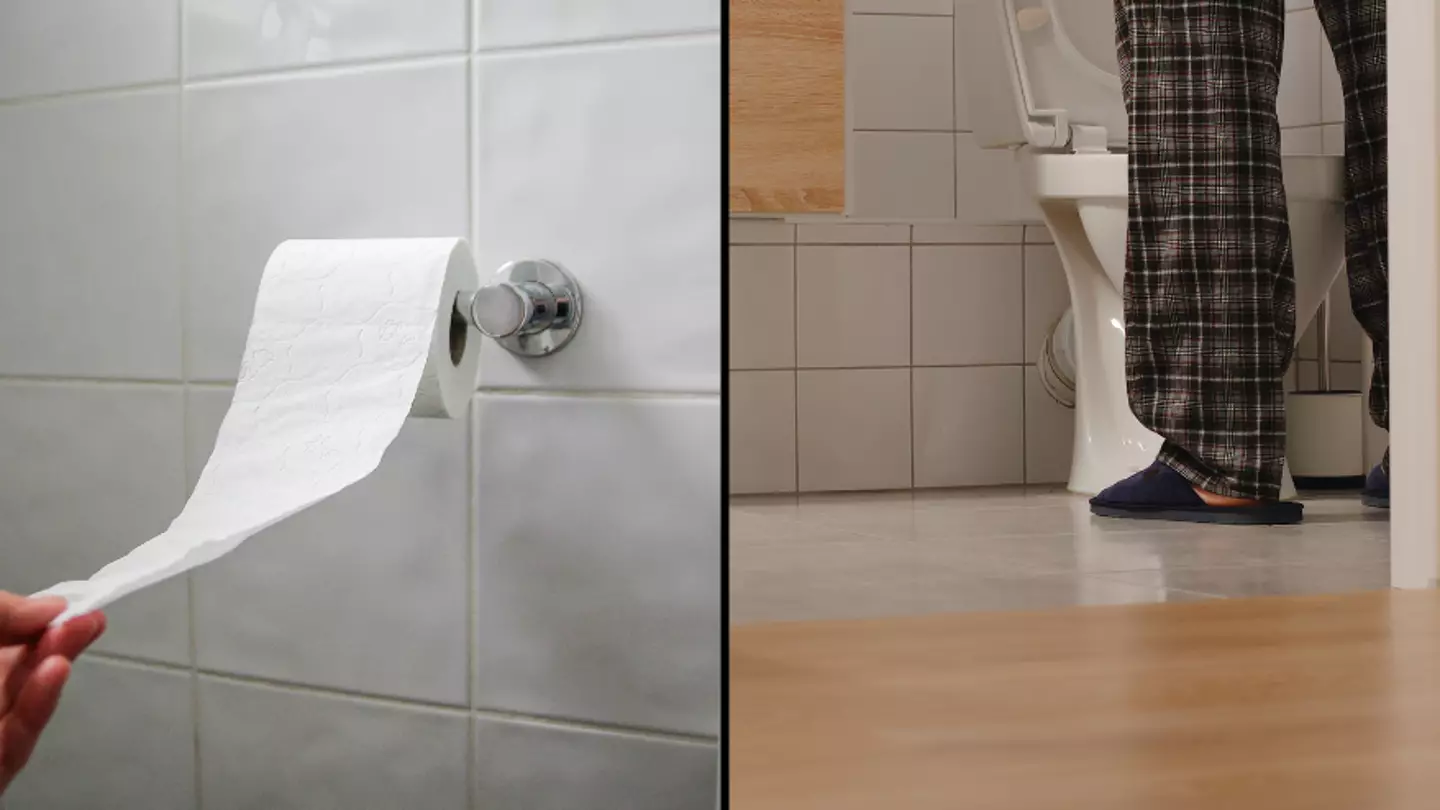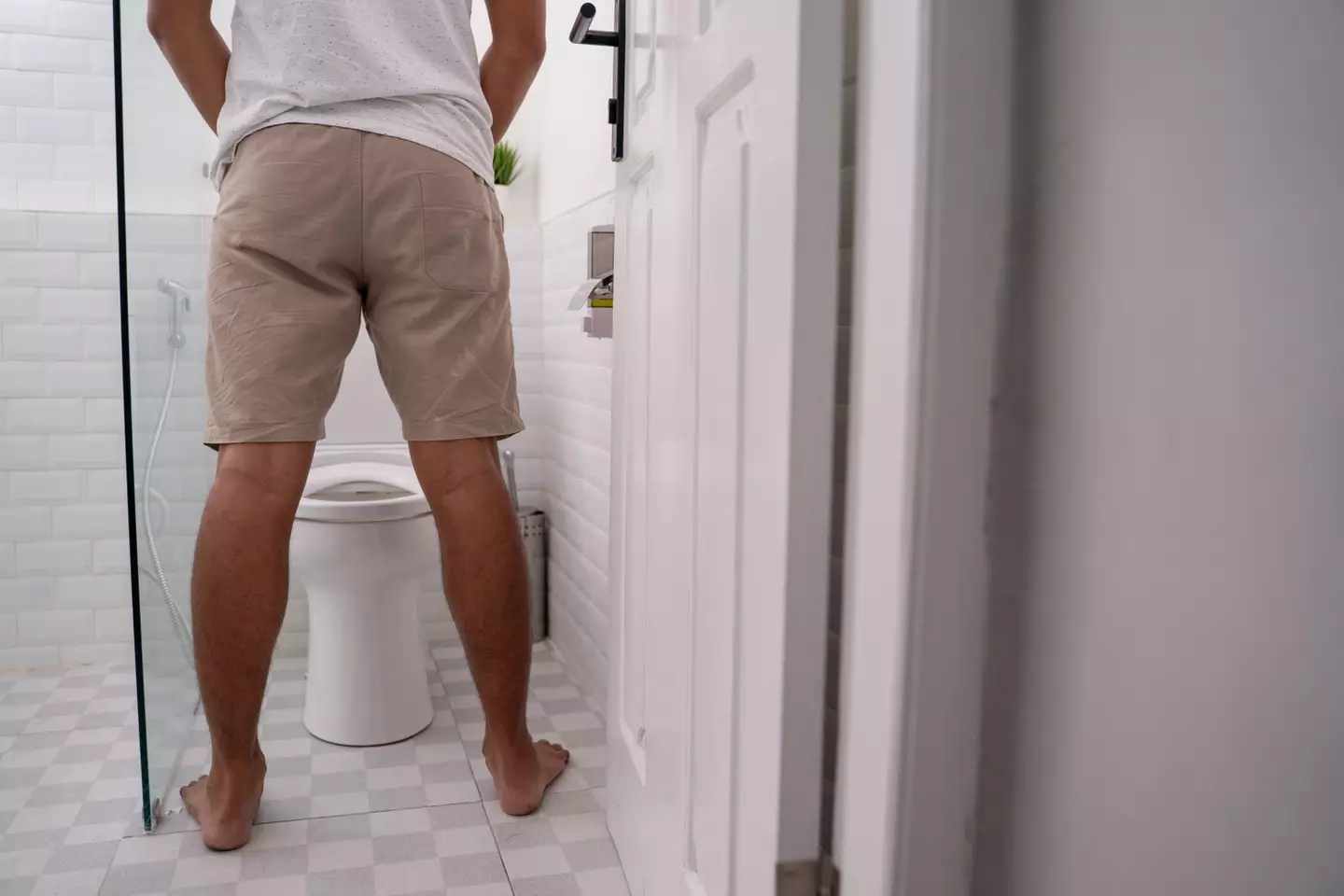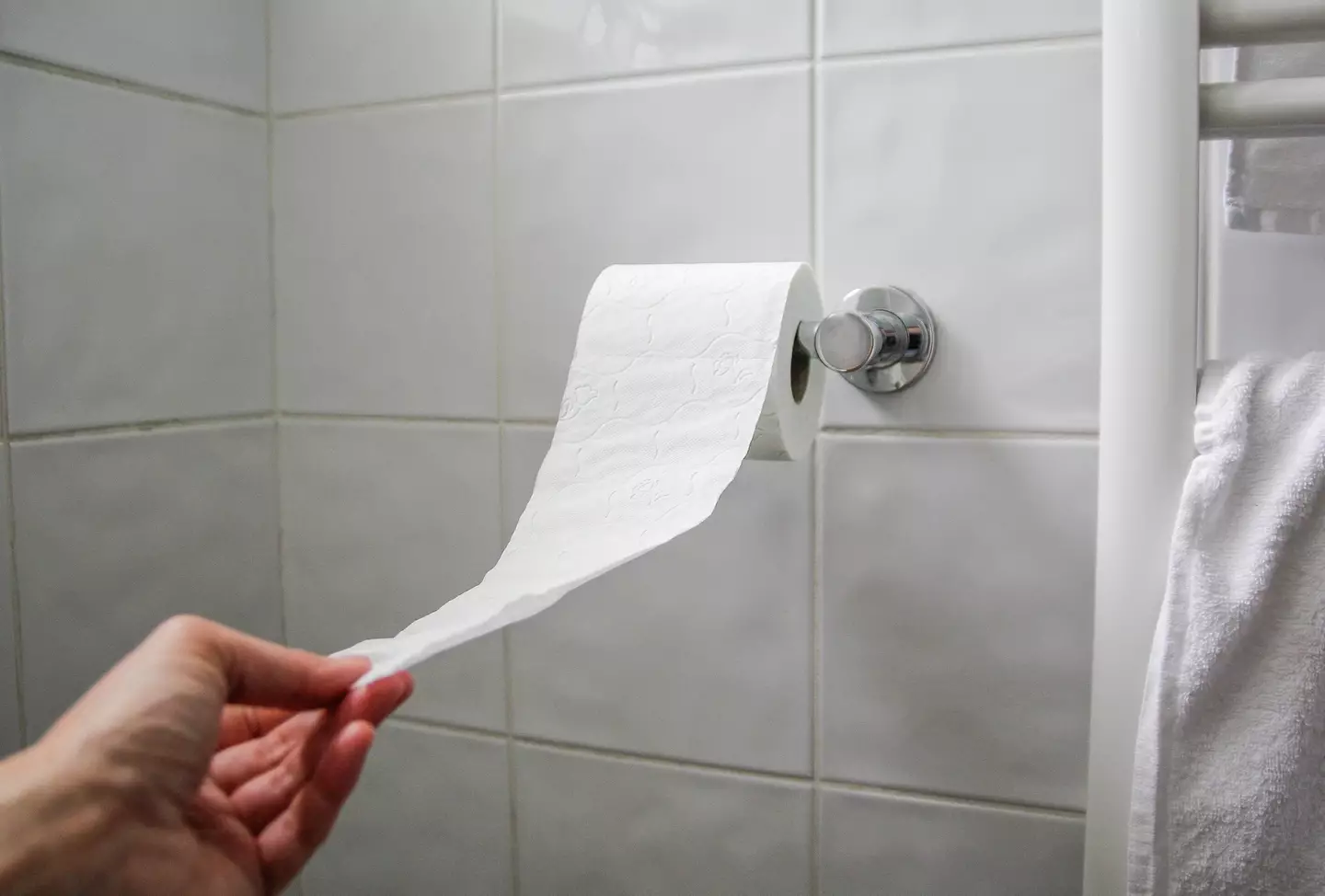
Once you’ve double checked you’ve got your keys and your phone, there might be one last thing you do before stepping out the house.
No, not checking your hair in the mirror or picking up a quick snack for the road. I’m talking about going for a quick wee ‘just in case’ before you leave.
It might have been something your parents instilled on you as a kid so you wouldn’t complain in the car or a fear you’ve built up that you’ll need it when you’re stuck on a cramped bus.
Advert
But it turns out it’s probably not the best practice, with an expert warning against the common ‘just in case’ habit.
Specialist pelvic health physiotherapist Tiffany Sequeira has said that it could cause problems for your bladder later on in life.

She told Metro that forcing yourself to go for a wee is ‘actually a really bad habit for your bladder’.
Advert
Sequeira said: “Going for a wee when you don’t feel the immediate need to do so strains your bladder to empty, when it isn’t actually full yet.”
And if you do this repeatedly on a regular basis, you’ll end up confusing the signals between your brain and your bladder.
READ MORE
DOCTOR EXPLAINS WHY YOU SHOULDN'T PEE IN THE SHOWER
Advert
PELVIC FLOOR EXPERT CONFIRMS HOW LONG YOU SHOULD WEE FOR
Tiffany explained that in general, when our bladder fills, the urine that is pressing against the bladder wall is what sends a signal to our brains to tell us we need to go to the toilet. Pretty simple, eh?
But by going to the toilet before that signal you risk confusing things.
“Going on that first signal to pass urine – or even worse going when you don’t feel the urge to pass urine ‘just in case’ – can result in a bladder signalling dysfunction,” Tiffany explained.

“Over time your bladder becomes accustomed to passing urine at a lower capacity than normal resulting in a ‘weak bladder’.”
Advert
Tiffany also recommends people do some pelvic floor exercises to help support your bladder, bowel and uterus - if you have one.
If you want to find your pelvic floor muscles, the NHS recommends that you imagine you’re trying to stop your wee mid-flow. Got it?
To strengthen, the NHS suggests you get into a comfortable sitting position and then simply squeeze the muscles 10 to 15 times. Don’t hold your breath or tighten your stomach, bottom or thigh muscles at the same time.
Once you’ve got them hang of them, you might want to try and hold each squeeze for a few seconds and - as the weeks progress - you can add in more squeezes to your pelvic floor routine. However, be careful not to overdo it and, like any exercise, take a little break between sets.
Featured Image Credit: Getty stock images